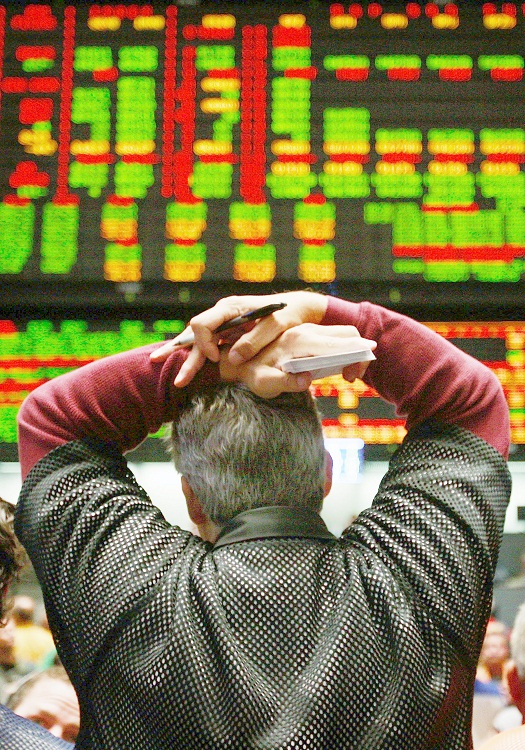The Central Agency for Public Mobilization and Statistics (CAPMAS) announced on Wednesday that the annual urban inflation in Egypt increased to 13.6% in July 2022, compared to 13.2% in June 2022.
The consumer price index for the whole country amounted to 131.0 points in July 2022, recording an increase of 0.9% from June 2022.
The increase in urban inflation was attributed to the increase in the prices of the cereals and bread group by 1.0%, the dairy, cheese and eggs group by 5.2%, the fruit group by 7.5%, the tobacco group by 3.3%, the medical equipment group by 1.0%, the group of private transportation by 9.0%, and the transportation services group by 6.4%. Meanwhile, prices of vegetables decreased by 10.8%.
According to CAPMAS, the annual inflation rate recorded 14.6% in July 2022, compared to 14.7 in June 2022, and 6.1% in July 2021.
The monthly core inflation, computed by the Central Bank of Egypt, recorded 1.5% in July 2022, compared to 0.6% in July 2021 and 1.2% in June 2022. Accordingly, the annual core inflation rate recorded 15.6% in July 2022, compared to 14.6% in June 2022.
The Monetary Policy Committee of the Central Bank of Egypt will hold its next periodic meeting on 18 August to discuss the future of basic interest rates.
The committee had decided at its last meeting on 23 June, 2022, to fix rates at 11.25% for deposit, 12.25% for lending, and 11.75% for the credit and discount rate and the price of the main operation. The Central Bank raised its rates by 3% in the period from March to May 2022.
The committee said that the global economic activity has witnessed a slowdown as a result of the Russian-Ukrainian crisis, and other central banks abroad continued to tighten their monetary policies by raising interest rates and reducing asset purchase programmes to contain the high inflation in their countries. The recently reimposed lockdown in China also raised concerns about the potential to exacerbate disruptions to global supply chains.
The committee expected economic activity to witness lower growth rates than previously expected, partly due to the negative repercussions of the Russian-Ukrainian crisis.
The Monetary Policy Committee considers that the global developments resulting from the Russian-Ukrainian crisis are primary supply shocks outside the scope of monetary policy action, although those shocks may lead to exceeding the previously announced inflation targets.
It emphasized that monetary policy tools are used to control inflation expectations, reduce inflationary pressures from the demand side and the secondary effects of supply shocks, which may lead to relatively higher inflation rates than targeted inflation rates.
It added that given the current initial supply shocks, inflation rates may deviate relatively from the central bank’s target inflation rate of 7% (±2%) on average during the fourth quarter of 2022, provided that it will gradually decline after that.
The committee confirmed that it will continue to assess the impact of its decisions on inflation expectations and macroeconomic developments in the medium term, taking into account its decisions during the previous two meetings to raise basic interest rates, noting that achieving low and stable inflation rates in the medium term is a prerequisite to support the purchasing power of the Egyptian citizen and achieve high and sustainable growth rates.
The Committee also emphasizes that the current interest rates depend mainly on the expected inflation rates and not the prevailing rates, and that the Committee will closely follow all economic developments and will not hesitate to amend its policy to achieve the goal of price stability in the medium term
A report issued by Fitch had expected that the Central Bank of Egypt would resort to raising interest rates by about 3% during its remaining meetings in 2022, especially with the decline in local economic activity, explaining that the repercussions of the Russian-Ukrainian crisis on the Egyptian and global economy are profound and led to high inflation rates and a slowdown in Tourism after recovering from the Coronavirus crisis.
Fitch indicated that raising interest rates will raise borrowing costs and encourage some to save instead of investing, however, the institution believes that the increase in foreign investments as a result of raising interest rates will offset some of the negative effects on the economic sector.
In a report by BNP Paribas, researchers expected the central bank to raise interest rates by at least 1% in each of the remaining meetings in August and next November, expecting inflation rates to rise again to reach its peak in October at 17.7%.




